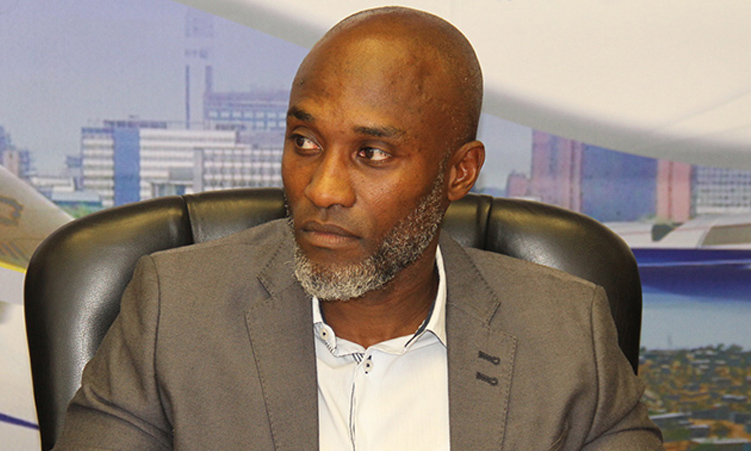Windhoek is setting its sights on becoming a smart city by 2027, leveraging technology to improve efficiency, sustainability and the overall quality of life for residents.
This ambitious goal aligns with the city’s five-year strategic plan, Namibia’s Vision 2030 and the United Nations Sustainable Development Goals (SDGs).
Initially, the target for achieving smart city status was 2022.
However, acknowledging the complexity of the project, the timeline was revised to 2027.
The City of Windhoek’s vision for a smart city revolves around using technology and data to enhance urban living, sustainability and overall quality of life.
This translates to integrating advanced technologies into various aspects of city management, creating a more connected, efficient and sustainable environment.
City of Windhoek spokesperson Harold Akwenye says Windhoek’s approach involves technology adoption and integrating information technology solutions across the city’s operations to improve efficiency and service delivery.
“The city’s focus on initiatives such as data profiling, centralised data sources and online service applications reflects a commitment to harnessing technology for process optimisation and customer-centric service delivery,” he says.
Initiatives like data profiling, centralised data sources and online service applications reflect this focus.
Strategic partnerships would involve collaborations like the innovation hub established with the Namibia University of Science and Technology to amplify the city’s smart city vision.
The careful allocation of resources would be crucial for this ambitious transformation.
Tracking progress of individual initiatives would provide valuable insights into Windhoek’s journey.
Initiatives like fibre monetisation and prepaid smart water demonstrate advancements in infrastructure commercialisation and revenue enhancement.
A smart prepaid electricity pilot and smart parking management system are still in the early stages, awaiting further development and pilot implementation.
While Windhoek progresses towards its smart city goals, challenges, however, remain.
The Ministry of Education, Arts and Culture acknowledges the ongoing effort to integrate information communication and technology (ICT) into Namibia’s education system.
The 2005 ICT policy for education is under review, promoting ICT use for teaching, learning and school administration.
Over 1 265 schools have internet access, and many teachers have received ICT training.
A significant need exists for more comprehensive teacher training and upskilling.
The ministry is also integrating ICT into the curriculum, offering computer science and information communication technology as optional subjects.
It promotes e-learning platforms and resources to supplement traditional textbooks and provides access to platforms like Microsoft Office 365 for education and the Namibia Reads App.
Windhoek’s transformation into a smart city is a work in progress.
By leveraging technology, forging partnership and allocating resources wisely, the city aims to create a more sustainable and livable future for its residents.
Stay informed with The Namibian – your source for credible journalism. Get in-depth reporting and opinions for
only N$85 a month. Invest in journalism, invest in democracy –
Subscribe Now!






